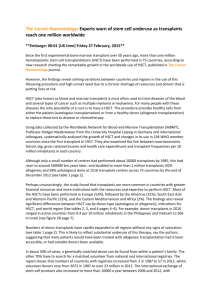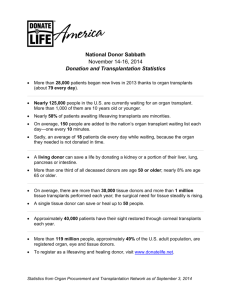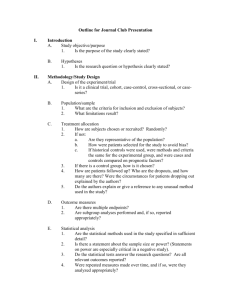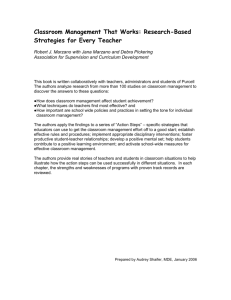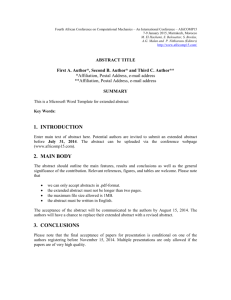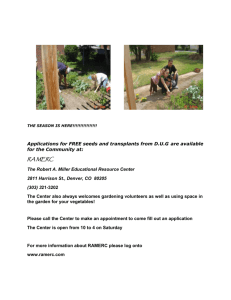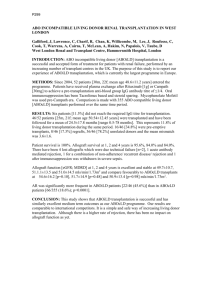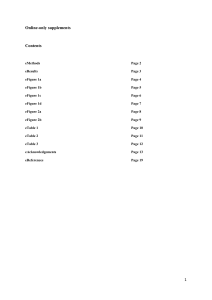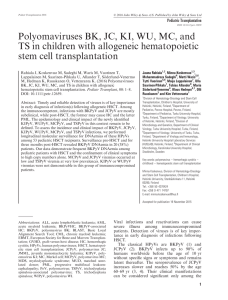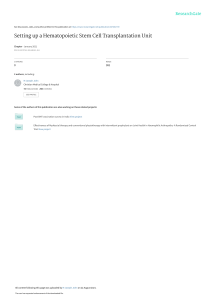From Medscape Medical News First Worldwide Survey of
advertisement
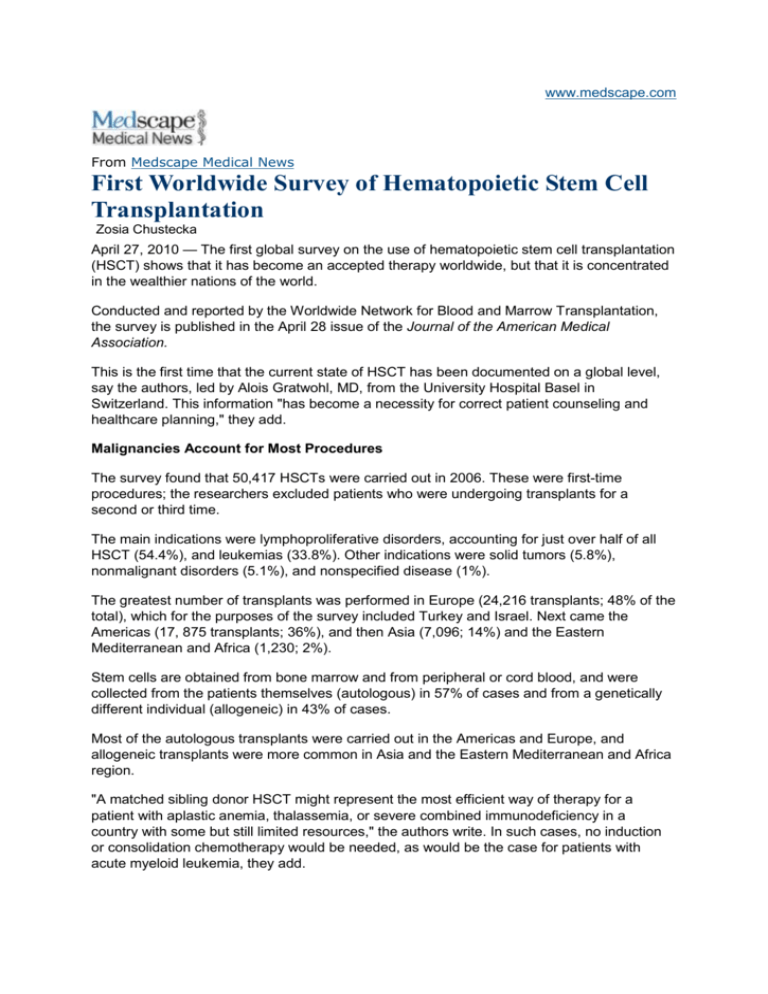
www.medscape.com From Medscape Medical News First Worldwide Survey of Hematopoietic Stem Cell Transplantation Zosia Chustecka April 27, 2010 — The first global survey on the use of hematopoietic stem cell transplantation (HSCT) shows that it has become an accepted therapy worldwide, but that it is concentrated in the wealthier nations of the world. Conducted and reported by the Worldwide Network for Blood and Marrow Transplantation, the survey is published in the April 28 issue of the Journal of the American Medical Association. This is the first time that the current state of HSCT has been documented on a global level, say the authors, led by Alois Gratwohl, MD, from the University Hospital Basel in Switzerland. This information "has become a necessity for correct patient counseling and healthcare planning," they add. Malignancies Account for Most Procedures The survey found that 50,417 HSCTs were carried out in 2006. These were first-time procedures; the researchers excluded patients who were undergoing transplants for a second or third time. The main indications were lymphoproliferative disorders, accounting for just over half of all HSCT (54.4%), and leukemias (33.8%). Other indications were solid tumors (5.8%), nonmalignant disorders (5.1%), and nonspecified disease (1%). The greatest number of transplants was performed in Europe (24,216 transplants; 48% of the total), which for the purposes of the survey included Turkey and Israel. Next came the Americas (17, 875 transplants; 36%), and then Asia (7,096; 14%) and the Eastern Mediterranean and Africa (1,230; 2%). Stem cells are obtained from bone marrow and from peripheral or cord blood, and were collected from the patients themselves (autologous) in 57% of cases and from a genetically different individual (allogeneic) in 43% of cases. Most of the autologous transplants were carried out in the Americas and Europe, and allogeneic transplants were more common in Asia and the Eastern Mediterranean and Africa region. "A matched sibling donor HSCT might represent the most efficient way of therapy for a patient with aplastic anemia, thalassemia, or severe combined immunodeficiency in a country with some but still limited resources," the authors write. In such cases, no induction or consolidation chemotherapy would be needed, as would be the case for patients with acute myeloid leukemia, they add. The highest rate (52%) of transplants from an unrelated donor was seen in Japan, the authors note. This appears to be a trend. The authors note that a European survey for 2008 found — for the first time — that there were more unrelated donor HSCTs than family donor HSCTs reported. There were also more unrelated HSCTs across than within borders, they note, adding that "stem cell tourism has become a topic of concern." Wealthier Countries There was a close correlation between HSCT rates and the gross national income per capita, which has been recognized for years, the authors note. This is an "expensive procedure with a substantial investment for a single patient," they note. No HSCTs were performed in countries with less than a $700 per capita gross national income, the authors point out. There was also a strong correlation with the number of transplant teams available, and with governmental healthcare expenditures. Although disease prevalence can vary between regions, and could also have contributed to the variation in HSCT rates, it was not taken into consideration in this report, the authors explain. In addition, they note, we did not have "information on outcome of the transplant procedures [or] on the correctness of the indication." "This is beyond the scope of this article and would require a much longer follow-up time." JAMA. 2010;303:1617-1624. Authors and Disclosures Journalist Zosia Chustecka Zosia Chustecka is news editor for Medscape Hematology-Oncology and prior news editor of jointandbone.org, a Web site acquired by WebMD. A veteran medical journalist based in London, UK, she has won a prize from the British Medical Journalists Association and is a pharmacology graduate. She has written for a wide variety of publications aimed at the medical and related health professions. She can be contacted at ZChustecka@webmd.net. Zosia Chustecka has disclosed no relevant financial relationships. Medscape Medical News © Medscape, LLC Send press releases and comments to news@medscape.net.
